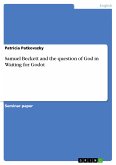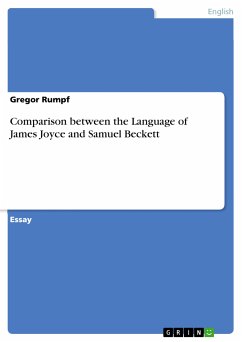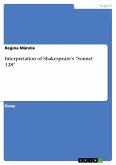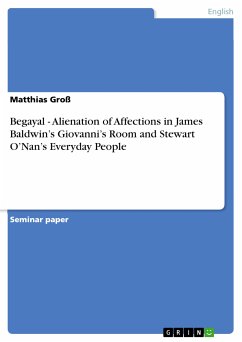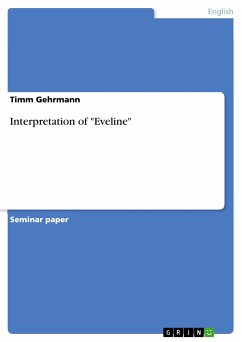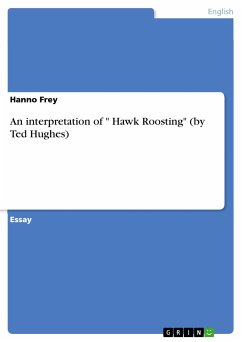Seminar paper from the year 2002 in the subject English Language and Literature Studies - Literature, grade: very good, University of Nottingham (English Studies), language: English, abstract: It is a well-known fact that Beckett condemned all productions of his plays which ignored his precise stage direction or tried to work freely with the text and possible interpretations. His own directing was rigorous and very strict and he did not allow actors any freedom for a personal interpretation of their depicted character. About an ′interpretative′ production of Endgame by The American Repertory Theatre, Beckett once noted that it `is a complete parody of the play′, since it `dismisses [his] directions′.1 It seems strange that Beckett was so anxious and almost paranoid to lose control over his plays and their reception, as soon as they were actually performed and directed by someone else other than himself, or, at least, without him being closely involved in a production. Beckett once said: `I produce an object. What people make of it is not my concern.′2 Obviously, and quite contrary to this statement, Beckett seemed to be very concerned with what people, especially directors, made of his objects, the written plays, and whether they presented them differently from what he originally suggested. Not that Beckett only did not trust directors, but he was also very suspicious when it came to the so-called actors: `the best possible play is one in which there are no actors, only the text.′3
Bitte wählen Sie Ihr Anliegen aus.
Rechnungen
Retourenschein anfordern
Bestellstatus
Storno



